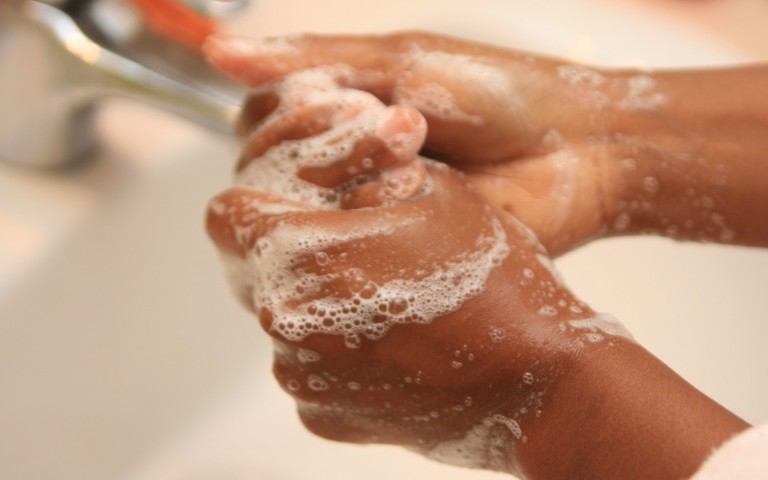
Photo: Marc Roche – Fotolia
Cholera is a disease that is caused by the bacterium Vibrio cholerae. The bacteria only affects humans. It infects the intestines, causing symptoms that range from mild to serious, depending on which particular type of the bacterium has been contracted. Often people who have ingested cholera bacteria may not show any symptoms at all. Cholera is contracted mainly through contaminated water and food that has come into contact faeces that contains the bacteria.
Symptoms and detection
In order to diagnose cholera, a patient’s stool sample is tested for the bacteria. Here are the symptoms to watch out for:
- Watery diarrhoea
- Vomiting
- Muscle cramps
- Sunken eyes and dehydrated skin
- Skin with bluish tone due to dehydration
- Rapid heart rate
- Low blood pressure
- Thirst
- Restlessness
A small percentage of those who have cholera experience a severe version of the disease with symptoms such as continuous vomiting and leg cramps. When the symptoms are strong and unyielding, a person is at risk of dehydration because of the amount of bodily fluids being lost. Medical attention at this stage is very important as the person can go into shock (the body’s organs stop functioning) and the illness can prove fatal.
Treatment
Due to the diarrhoea and vomiting, in severe cases of cholera a person is likely to be dehydrated, and treatment for cholera focuses on replenishing the body’s fluids. Cholera patients need to drink water-based solutions of sugar and salts, usually available as a mix in pharmacies. If the cause of the cholera is unsafe water, it is important to boil and cool the water first, or use trusted bottled water. In very severe cases, patients may need to be hospitalized and given intravenous fluid replacement.
Prevention
The best way to prevent getting cholera is to avoid eating and drinking at places where you aren’t sure of the hygiene standards. If you are visiting an area where the disease is rampant, either in general or brought on by factors such as floods, you should take necessary precautions. Here are some sensible precautions:
- Drink bottled or boiled water and drinks made with this water only. Don’t have ice cubes at restaurants or anywhere else where you can’t be sure that clean water has been used.
- Clean your hands regularly with soap and water, especially before eating. Carry and use hand sanitizer in case clean water isn’t available to wash your hands.
- Wash fruit and vegetables in clean water thoroughly. Avoid eating raw vegetables and fruit outside.
- Eat food that is properly cooked and served hot. Avoid cold foods such as salads.
When treated quickly, a person suffering from cholera can recover fast. Generally, cholera poses no long-term risks when treated properly. However, there is no long-term immunity to the disease and it is possible to get infected again soon after recovery.
Please like FamiLife’s page on Facebook so that you get all our articles and others may find us.
